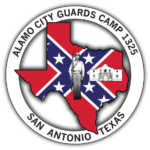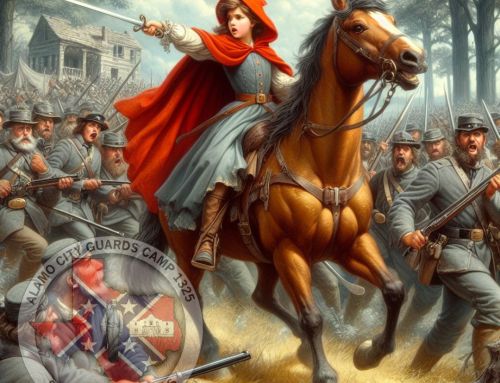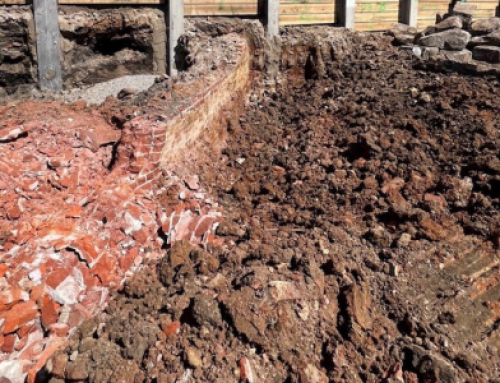A federal judge has dismissed a lawsuit the Hanover NAACP filed in August that sought to strip Confederate names from two county schools, saying its claims were too broad and a time window for alleging damages had closed.
The suit, filed on the heels of a KKK recruitment drive near the county’s courthouse, said the names of Lee-Davis High School and Stonewall Jackson Middle School violate the constitutional rights of African American students, make them feel unwelcome and force them to endorse the Confederacy if they wish to participate in school sports and clubs.
In dismissing the suit, U.S. District Judge Robert Payne said a two-year statute of limitations for personal injury has expired; the schools were named more than 50 years ago.
Reached by phone, Hanover NAACP President Robert Barnette said the chapter was discussing an appeal.
School Board members and a spokesman for the school division directed questions to their legal counsel.
“The School Board respects, values and cares about all students and will continue to focus on providing them with the best educational opportunities possible,” lawyer David Corrigan said.
In a 31-page ruling, Payne said that in the absence of specific, individual claims by any NAACP members, claims regarding when the schools were named are barred because of a two-year statute of limitations based on Virginia’s personal injury laws.
The School Board’s legal defense exceeded a $100,000 insurance policy it holds. Schools spokesman Chris Whitley said the division paid an additional $26,984 after the Board of Supervisors this year allocated $75,000 from a contingency fund.
Carl Tobias, a law professor at the University of Richmond, said the judge’s ruling is based on several technicalities and relatively new judicial expectations that encourage federal judges to dismiss cases before trial if they suspect initial claims are not credible.
Tobias said that makes it more challenging for plaintiffs who think the discovery process in litigation could reveal facts that strengthen their case.
“It used to be more flexible,” he said. “The U.S. Supreme Court has suggested in the last decade or so that courts need to be stricter.”
Critics of that theory, Tobias said, argue that it prevents plaintiffs from being able to draw out documents or records that defendants are not willing to reveal otherwise.
He said it is possible that a panel of judges in the 4th U.S. Circuit Court of Appeals might send the case back to Payne if they think the claims merit reconsideration.
The lawsuit was filed as nationwide efforts to remove Confederate monuments and names on buildings ramped up after the racially motivated slaying of nine black parishioners at a South Carolina church in 2015.
Richmond Public Schools in 2018 changed the name of J.E.B. Stuart Elementary School, replacing the name of the Confederate cavalry commander with that of former President Barack Obama.
Some community members in Hanover called on the School Board around the same time to change the names of Stonewall Jackson Middle and Lee-Davis High. The board voted 5-2 in April 2018 against renaming them after a schools survey found that about three-fourths of 13,000 respondents opposed any change.
NAACP members and their supporters have said county leaders’ initial response to the KKK rally last summer and the resistance to changing the names are representative of a culture that is dismissive of African Americans’ concerns.
“While the discrimination experienced by African American students finds it roots in an ugly history, it is alive and having a real and consequential impact today,” Barnette said in a statement Thursday.
On Thursday, county authorities announced they planned to charge a juvenile responsible for a racist social media post that appeared to show two white teens posing with a gun.
“Let’s hunt some (n——),” a message on the photo reads.
A release from the Hanover Sheriff’s Office said the matter involved two juveniles from the county; a spokesman for Hanover public schools declined to say whether they are students in the school system.






